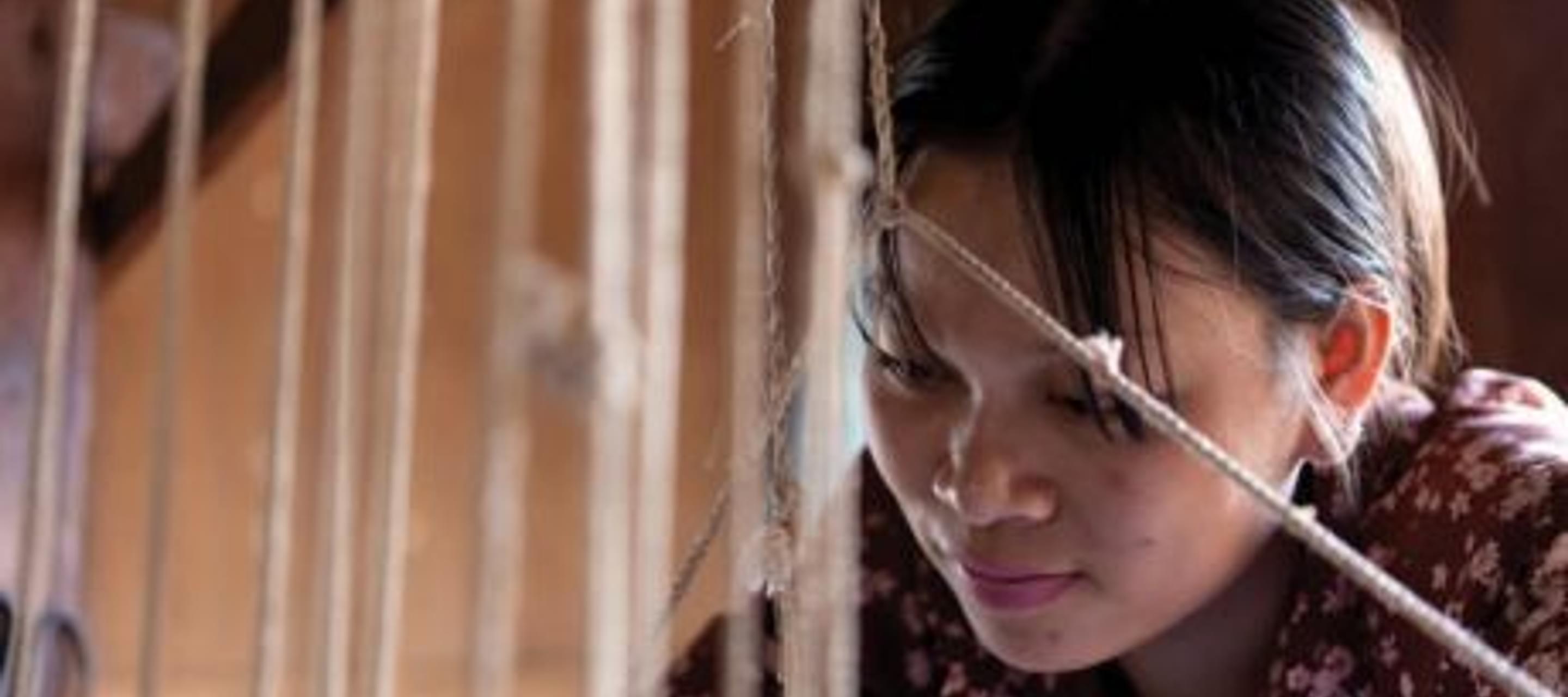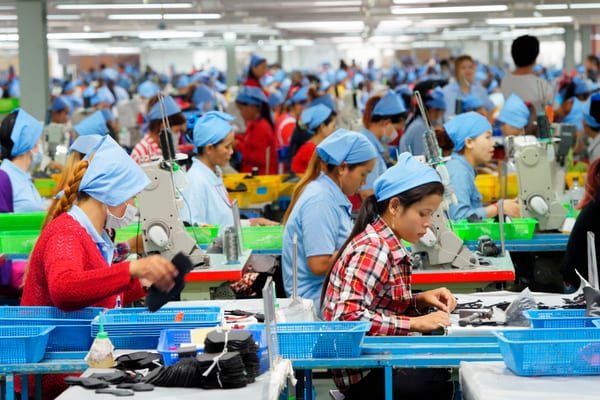Fees and IDs - Tackling Recruitment Fees and Confiscation of Workers' Passports
17 September 2013

Human trafficking and forced labour are huge problems on a global scale. An estimated 20.9 million men, women and children worldwide are in forced labour at any one time with 90% of these individuals exploited by businesses in the private economy. 14.2 million (68%) are victims of forced labour exploitation in economic activities such as agriculture, construction, domestic work, and manufacturing (especially garments and textiles, and food processing and packaging); all known to be high-risk industries. Business and government both have a compelling responsibility – economic, legal and moral - to address these human rights violations.
In May 2013, the Institute for Human Rights and Business (IHRB) convened an expert meeting on the subject of addressing human trafficking and forced labour in business relationships in the context of supply chains. This brief report has been prepared subsequently with a specific focus on two abusive employment and recruitment practices which are known to cause or contribute to forced labour exploitation: recruitment fees charged to migrant workers and confiscating of workers’ passports or other identity documents by employers. It is based on desk-research and information gathered from meeting participants.


